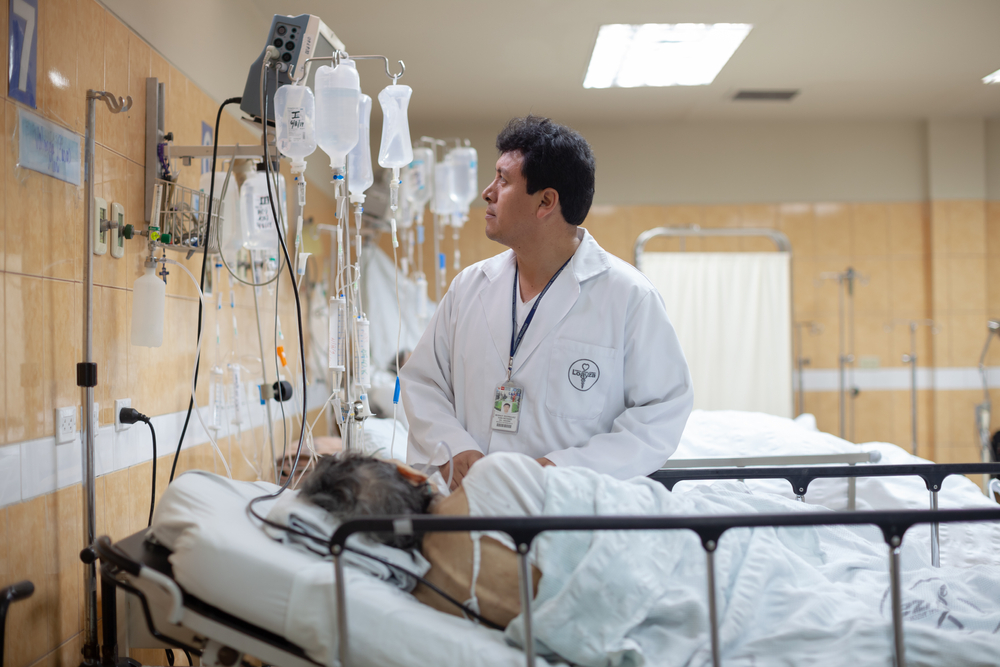Peru stood out during the Covid pandemic as the country with the highest death rate in the world, doubling the per-capita figures of its closest Latin American peers Chile and Brazil and raising massive questions about a public healthcare system that was quickly pushed beyond its limits during the crisis.
Peruvian public opinion and local experts alike questioned how the country’s huge health inequality standards might have contributed to such a disastrous outcome. But little has changed since then, and the alarms are already sounding again.
This time, the emergency is the result of an “unusual increase” in cases of Guillain-Barré Syndrome (GBS), which led the Peruvian government to declare a new national health emergency on July 8.
The syndrome is a still-not-fully-understood phenomenon in which an auto-immune disorder leads to damage in the patient’s nervous system, with symptoms including severe muscle weakness and respiratory problems. Although no cure exists, available treatments can speed up the recovery and reduce the severity of those symptoms, some of which can be fatal.
Speaking to the local press, Health Minister César Vásquez explained that although the disease is still “under control,” an upsurge in cases forced the government to “take actions to protect people’s health and life.” The emergency will be in force at a national level for 90 days and was adopted...


 Search
Search






































